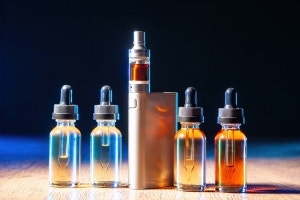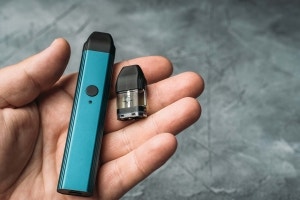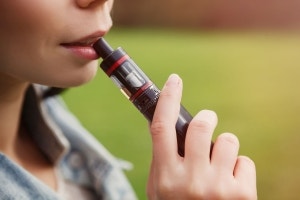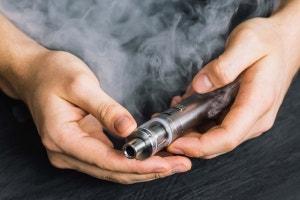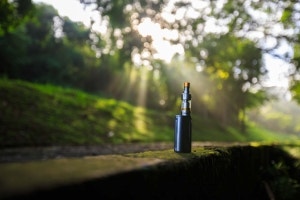Dealing with Hangxiety - Hangover Anxiety
You expect to feel sorry for yourself but maybe not the anxiety that comes with it.
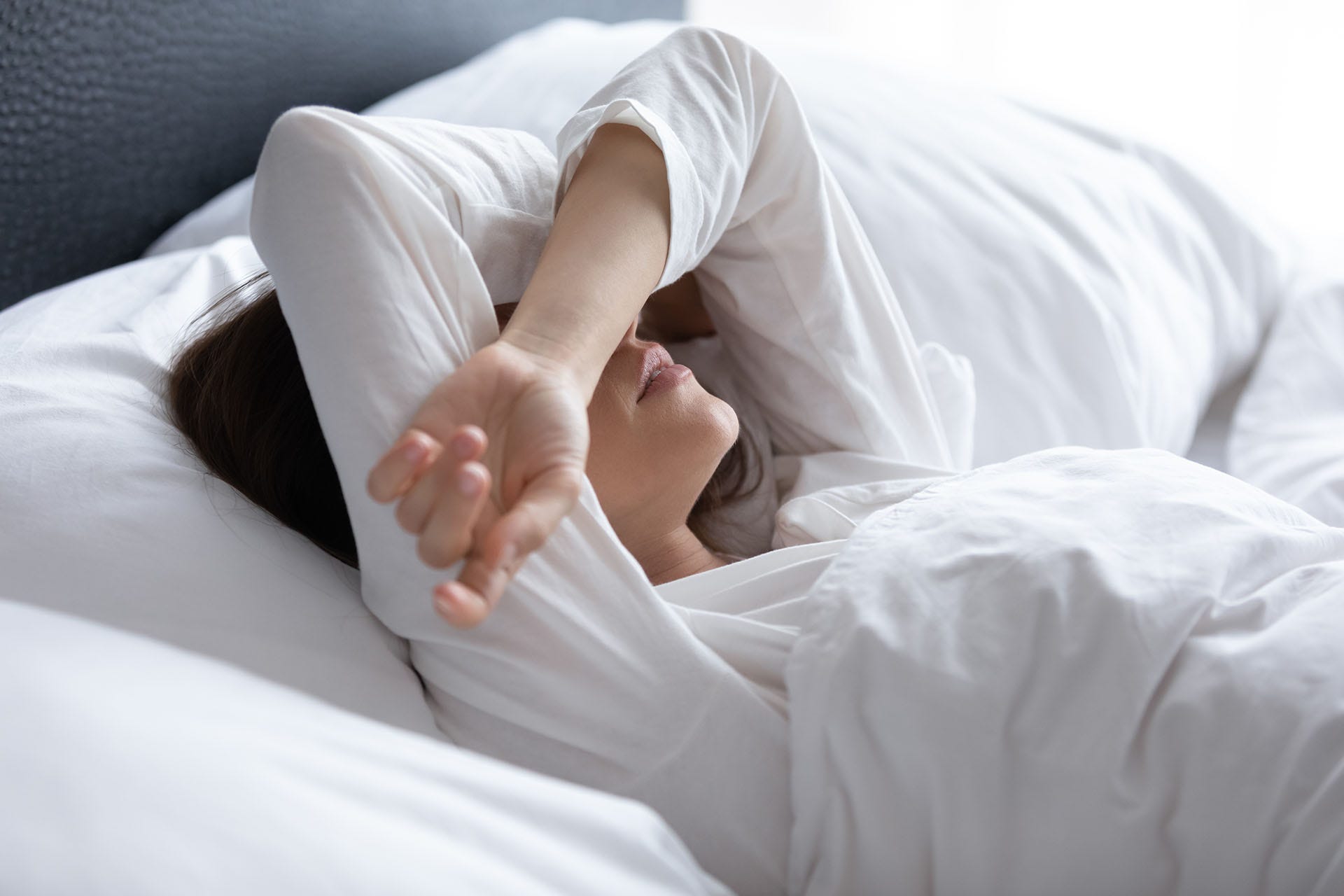
The dreaded hangover. After a night of indulging in alcohol, the throbbing headache and queasy stomach often accompany us into the morning. But for some, there is an added component - hangxiety. Hangxiety is a new term used to describe the anxiety that can arise after a night of drinking. It’s not just alcohol that can spark this anxiety. Ruminating on past experiences/events can also lead to the same outcome.
What is Hangxiety?
Hangxiety refers to the psychological symptoms that accompany a hangover - anxiety, irritability, agitation, depression, and sadness. It’s not just alcohol that can spark this anxiety. In fact, ruminating on past experiences/events can also lead to the same outcome.
There are many factors that can contribute to hangxiety. Of course, alcohol has a direct effect on the body, and overindulging can lead to physical exhaustion and dehydration - both of which can lead to anxiety. People who are prone to drinking heavily may also experience withdrawal symptoms after high volumes of alcohol consumption, leading to anxious feelings and depression.
In addition, medications such as anti-anxiety drugs, antipsychotics and sedatives can also contribute to hangxiety. Low levels of vitamins and minerals, such as B complex and magnesium, can also lead to feelings of anxiousness.
Some are more prone to hangxiety than others
If you’re prone to social anxiety or are a heavy drinker, these factors can increase the likelihood of experiencing hangxiety. People who already suffer from mental health issues such as depression, anxiety, bipolar disorder, and PTSD may also be more susceptible to hangover-related anxiety.
Ways you can manage hangxiety
Self-care is key in managing hangxiety. It’s important to stay hydrated and replenish electrolytes to help alleviate some of the physical symptoms of a hangover. Medication can help with the throbbing headache which, in turn, will help you look after yourself.
Try limiting your alcohol consumption, eating a healthy meal before and after drinking, and getting enough sleep. Take some time for yourself and focus on your breath. This will help you relax and clear your mind. Mindfulness meditation is super simple to do and can help deal with anxious thoughts. Simply sit up or lay down on your bed if that's easier, close your eyes and do some deep breathing to focus on your thoughts and feelings. Don't judge or avoid them, simply allow them to happen in your awareness.
Could CBD help with hangxiety?
CBD is a natural alternative that could potentially be helpful in dealing with anxiety and depression, so it may also help with hangxiety. While research is still new on the topic, there are many anecdotal claims that report positive findings. While some use CBD to help with problems like anxiety, CBD is only available as a supplement and not as a replacement for medication. CBD should not be used to treat a medical condition unless specified by trained professionals.
It is believed though, that ingesting CBD can help improve your overall mood and reduce stress levels. It won’t get you “high” as there is no THC present.
There are many forms of CBD available, including tinctures, edibles, and topicals. Tinctures are a great way to get your dose quickly and efficiently. Start with a small dosage and work up from there until you find what works best for you.
Overall, hangxiety can be managed through awareness of your body’s needs, self-care practices such as mindfulness, and potentially supplements like CBD. With the right tools, you can reduce your hangxiety and get back to feeling better again.
If you are experiencing frequent anxiety or depression from hangovers, it may be best to seek help from a medical professional. They can prescribe medication and provide advice on how to manage anxiety in the long term. Do not hesitate to get help if you feel like you need it.


